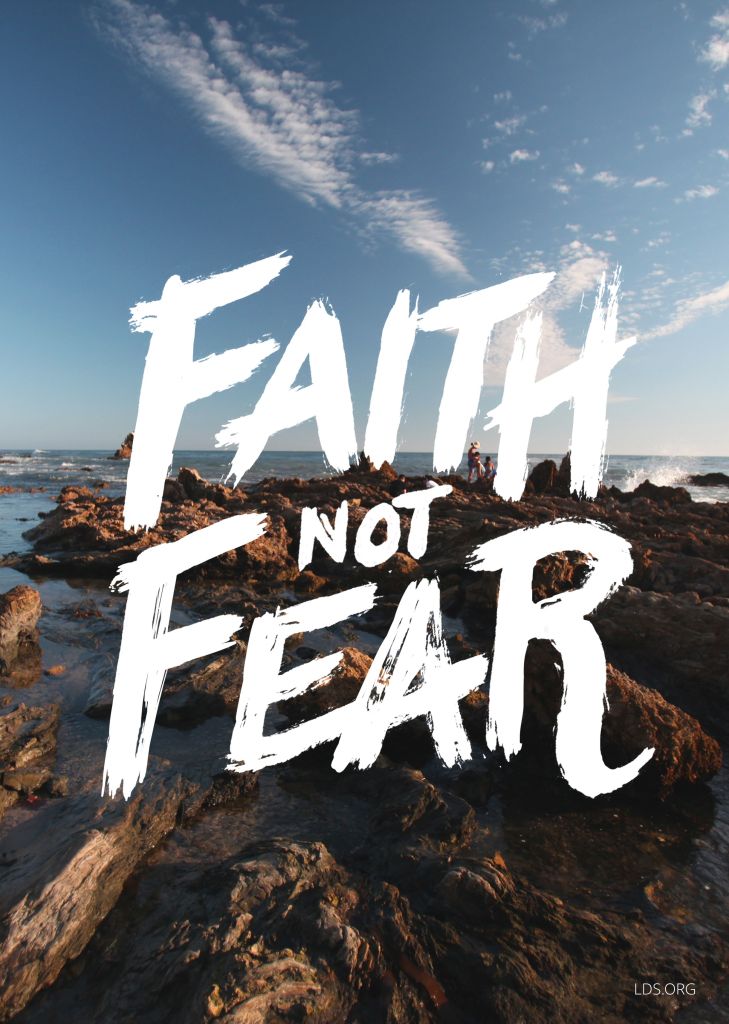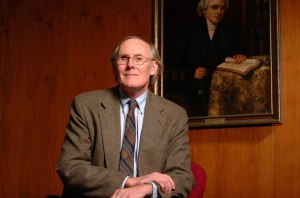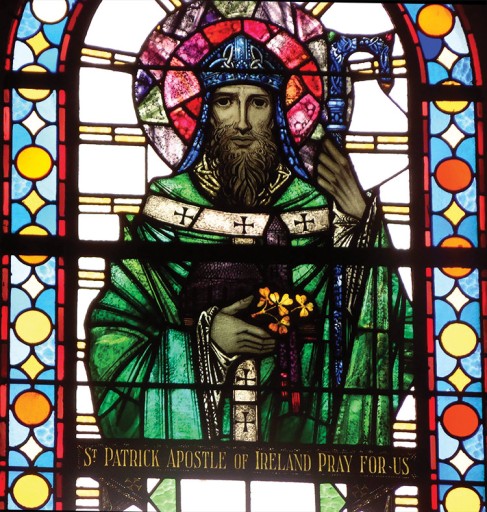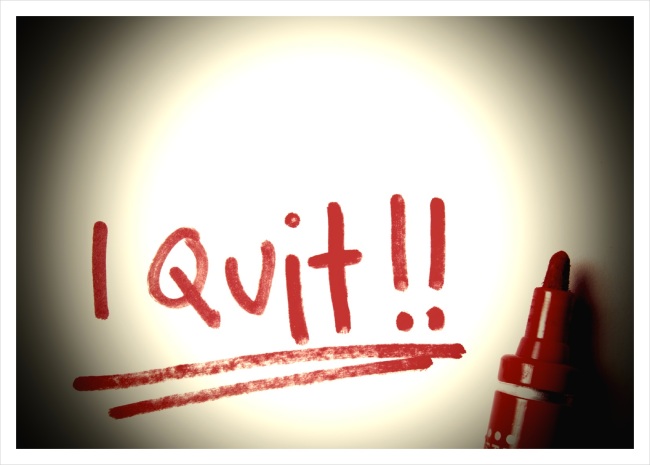The Amazing Story of David and Svea Flood
an exert from the book ‘Fresh Power’ by Jim Cymbala
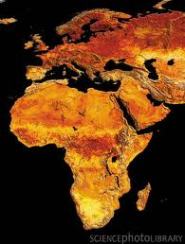 Back in 1921 a missionary couple named David and Svea Flood went with their 2
Back in 1921 a missionary couple named David and Svea Flood went with their 2
year old son to what was then called the Belgian Congo. They met up with
another young Scandinavian couple. In those days of much tenderness and
devotion and sacrifice, they felt led of the Lord to set out from the main mission
station and take the gospel to a remote area.
This was a huge step of faith. At the village of N’dolera they were rebuffed by the
chief, who would not let them enter his town for fear of alienating the local gods.
The 2 couples opted to go half a mile up the slope and build their own mud huts.
They prayed for a spiritual breakthrough, but there was none.
The only contact with the villagers was a young boy, who was allowed to sell
them chickens and eggs twice a week. Svea Flood- a tiny woman only four feet,
eight inches tall – decided that if this was the only African she could talk to, she
would try to lead the boy to the Lord. In fact she succeeded. But there were no
other encouragements.
Meanwhile, malaria continued to strike one member of the little band after
another.
In time the Ericksons dedided they had enough suffering and returned to the
central mission station. David and Svea Flood remained near N’dolera to go on
alone.
Then, of all things, Svea found herself pregnant in the middle of the primitive
wilderness. When the time came for her to give birth, the village chief softened
enough to allow a midwife to help her. A little girl was born, whom they name Ain.
The delivery, however, was exhausting, and Svea Flood was already weak from
bouts of malaria. The birth process was a heavy blow to her stamina. She only
lasted another 17 days before she died.
Inside David Flood, something snapped in the moment. He dug a grave, buried
his 27 year old wife, and then took his children back down the mountain to the
mission station. Giving his newborn daughter to the Ericksons, he snarled, “I am
going back to Sweden”. I’ve lost my wife, and I obviously can’t take care of this
baby. God has ruined my life”.
With that, he headed for the port, rejecting not only his calling, but God himself. Within 8 month both the Ericksons were stricken with a mysterious malady and
died with days of each other. The baby was then turned over to some American
missionaries, who adjusted her Swedish name to “Aggie” and eventually brought
her back to the United States at the age of three.
This family loved the little girl and were afraid that if they tried to return to Africa,
some legal obstacle might separate her from them. So they decided to stay in
their home country and switch from missionary work to pastoral ministry. And that
is how Aggie grew up in South Dakota. As a young woman, she attended North
Central Bible College in Minneapolis. There she met and married a young man
name Dewey Hurst.
Years passed. The Hursts enjoyed a fruitful ministry. Aggie gave birth first to a
daughter, then a son. In time her husband became president of a Christian
college in the Seattle area and Aggie was intrigued to find so much Scandinavian
heritage there.
One day a Swedish religious magazine appeared in her mailbox. She had no
idea who had send it and of course she couldn’t read the words. But as she
turned the pages, all of a sudden a photo stopped her cold. There in a primitive
setting was a grave with a white cross – and on the cross were the words SVEA
FLOOD.
Aggie jumped in her car and went straight for the college faculty member who,
she knew, could translate the article.
“What does this say?” she demanded.
The instructor summarized the story : It was about missionaries who had come to
N’dolera long ago … the birth of a white baby…the death of the young mother ..
the one little African boy who had been led to Christ…. and how, after the whites
had all left, the boy had grown up and finally persuaded the chief to let him build
a school in the village.
The article said that gradually he won all he students to Christ…. even the chief
had become a Christian. Today there were 600 Christian believers in that one
village…
All because of the sacrifice of David and Svea Flood.
For the Hursts’ twenty fifth wedding anniversary, the collage presented them with
a gift of a vacation to Sweden. There Aggie sought to find her real father.
And old man now, David Flood had remarried, fathered 4 more children, and
generally dissipated his life with alcohol. He had recently suffered a stroke. Still bitter, he had one rule in his family: “Never
mention the name of God- because God took everything from me.”
After an emotional reunion with her half brothers and half sister, Aggie brought
up the subject of seeing her father. The others hesitated. “You can talk to him,”
they replied, “ even though he’s very ill now. But you need to know that whenever
he hears the name of God he flies into a rage”. Aggie was not deterred. She
walked into the dirty apartment, with liqueur bottles everywhere, and approached
the 77 year old man lying on a rumpled bed. “Papa?”, she said tentatively.
He turned and began to cry. “Aina”, he said. “I never meant to give you away.
“It’s all right, Papa,” she replied, taking him gently in her arms. “God took care of
me”.
The men instantly stiffened. The tears stopped. “God forgot all of us. Our lives
have been like this because of him.” He turned his face back to the wall. Aggie
stroked his face and then continued, undaunted. “Papa, I’ve got a little story to
tell you, and it is a true one.
You did not go to Africa in vain. Mama did not die in vain. The little boy you won
to the Lord grew up to win that whole village to Jesus Christ. The one seed you
planted just kept growing and growing. Today there are 600 African people
serving the Lord because you were faithful to the call of God in your life…. Papa,
Jesus loves you. He has never hated you.” The old man turned back to look into
his daughter’s eyes. His body relaxed.
He began to talk. And by the end of the afternoon, he had come back to the God
he had resented for so many decades.
Over the next few days, father and daughter enjoyed warm moments together.
Aggie and her husband soon had to return to America – and within a few weeks,
David Flood had gone into eternity.
A few years later, the Hursts were attending a high-level evangelism conference
in London, England, when a report was given from the nation of Zaire ( the
former Belgian Congo). The superintendent of the national church, representing
some 110,000 baptized believers, spoke eloquently on the gospel’s spread in his
nation. Aggie could not help going to ask him afterwards if he had heard of David
and Svea Flood. “Yes madam,” the man replied in French, his words then being
translated into English. “It was Svea Flood who led me to Jesus Christ. I was the
boy who brought food to your parents before you were born. In fact, to this day
your mother’s grace and her memory are honoured by all of us.” He embraced
her in a long, sobbing hug. then he continued, “You must come to Africa to see,
because your mother is the most famous person in our history”. In time that is exactly what Aggie Hurst and her husband did. They were
welcomed by cheering throngs of villagers. She even met the man who had been
hired by her father many years ago to carry her back down the mountain in a
hammock-cradle.
The most dramatic moment, of course, was when the pastor escorted Aggie to
see her mother’s white cross for herself. She knelt in the soil to pray and give
thanks.
Later that day, in the church, the pastor read from John 14:24: “I tell you the
truth, unless a kernel of wheat falls to the ground and dies, it remains only a
single seed.
But if it dies, it produces many seeds.” He then followed with Psalm 126:5:”Those
who sow in tears will reap with songs of joy”.
